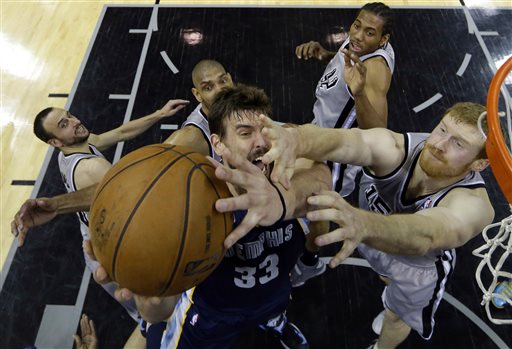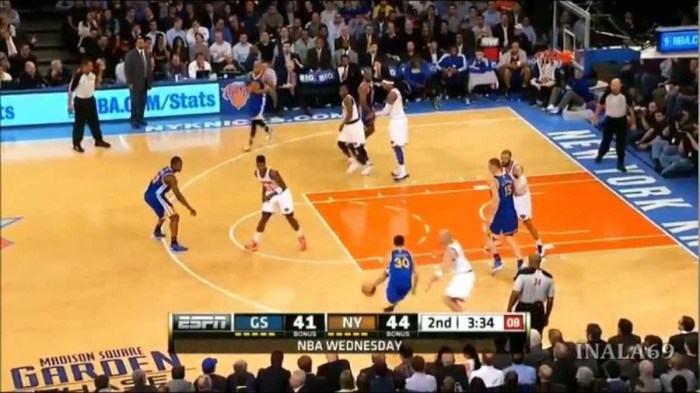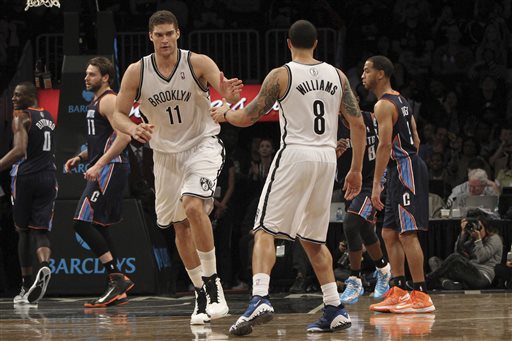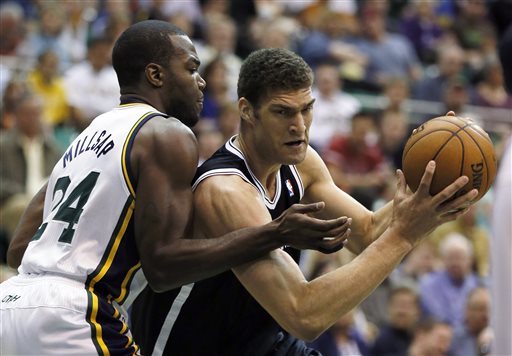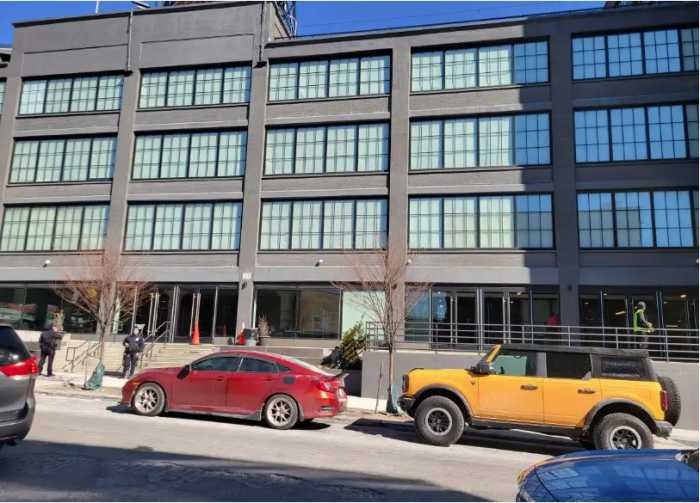One of the most important provisions included in this new CBA is the amnesty clause, a one-time mulligan that teams can use at any point in the CBA to remove one contract (signed under the old CBA) for cap and luxury tax purposes. For the Nets, this came as welcome news — with an egregious $35 million mistake on their roster, the provision allows them to remove Travis Outlaw from their cap, never to be seen again. They’d still have to pay his salary, but it’d come off the books when it came to roster spots.
However, even though it seemingly makes sense for the Nets to get the albatross (or alba-Travis! WHAT WHAT!) off their books, it may actually make sense to wait on exercising the clause, keeping Outlaw around for one more year.
Here’s what I mean.
As I mentioned in an earlier article, the new CBA requires all teams to allocate $49.3 million to players for salary, or 85% of the cap. I deduced from this that the Nets would have to spend around $15 million this year in free agency. That number came from the assumption that the Nets would use their amnesty provision on Travis Outlaw this offseason, removing his annual $7 million salary from the books for the 2011-12 season and beyond.
However, this free agent class is weak. Very weak. Nene is the LeBron James of this draft class. Let that thought swirl around your head for a bit.
After Nene, legitimate options include Tyson Chandler, Jamal Crawford, Andrei Kirilenko, Shane Battier… you can see where this is going. Lots of guys with lots of flaws. If you have to spend $15 million, this isn’t the class you want to spend it on.
2012’s free agent class? Much brighter. The restricted free agent class includes Ryan Anderson, Michael Beasley, Landry Fields, Danilo Gallinari, Eric Gordon, Kevin Love, Derrick Rose, and Russell Westbrook, while Ray Allen, Brandon Bass, Andrew Bynum, Tim Duncan, Kevin Garnett, Chris Paul, Jason Terry, Gerald Wallace, and yes, Dwight Howard highlight the unrestricted free agents. (And Deron Williams, but let’s not talk about that.) The Nets aren’t going to target most of these guys, but I listed them to give you an idea of how many guys are going to get paid, and paid well — taking potential suitors for other free agents off the market.
So if the Nets — who will have to pay Outlaw’s salary regardless — want to maximize his usefulness, it’d be more prudent for them to actually hold on to Outlaw for one more year, forcing them to only spend around $8 million on this year’s weak class. If the Nets have to spend $15 million this offseason, there’s a good chance that much of that will be in multi-year deals. That cripples their flexibility going forward.
In this sense, Outlaw’s contract could function as a one-year stopper — ensuring that Billy King won’t overpay in 2011, then giving him $7+ million more to play with in 2012.
An example: let’s imagine that the Nets hold on to Outlaw, and give two players multi-year contracts worth $7 million in total. Let’s also imagine that Jordan Farmar exercises his player option (likely), the Nets exercise their 1.2 million option on Damion James (also likely), and Deron Williams terminates his contract in the hopes of getting a max extension (possible). Assuming 4.5% raises, that $7 million spent on becomes $7.315 million in 2012-13, giving the Nets roughly $29 million allocated to nine players.
But wait! Amnestying Outlaw here brings that number down to $22 million, just about $36 million under the salary cap… enough for two max contracts (hint, hint) with a couple million left over. And that’s without considering potential salary-dump deals or stretch exceptions for Jordan Farmar or Johan Petro.
I’ve been calling for Outlaw’s head ever since I heard about the amnesty provision. It’s an easy way to get rid of a huge mistake. But for the Nets to compete long-term in free agency and thus in-season, it may be more beneficial not to give him the axe just yet.












